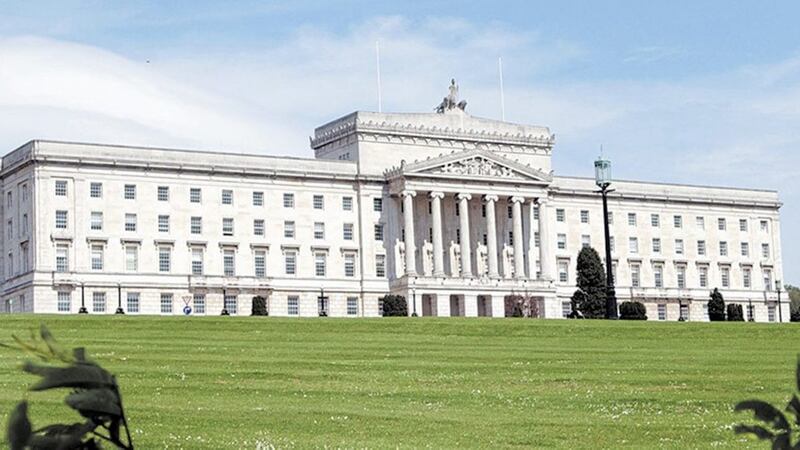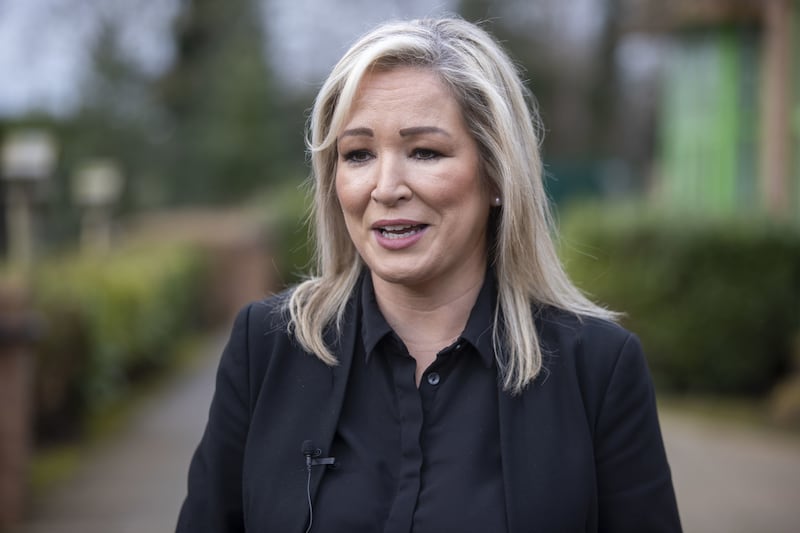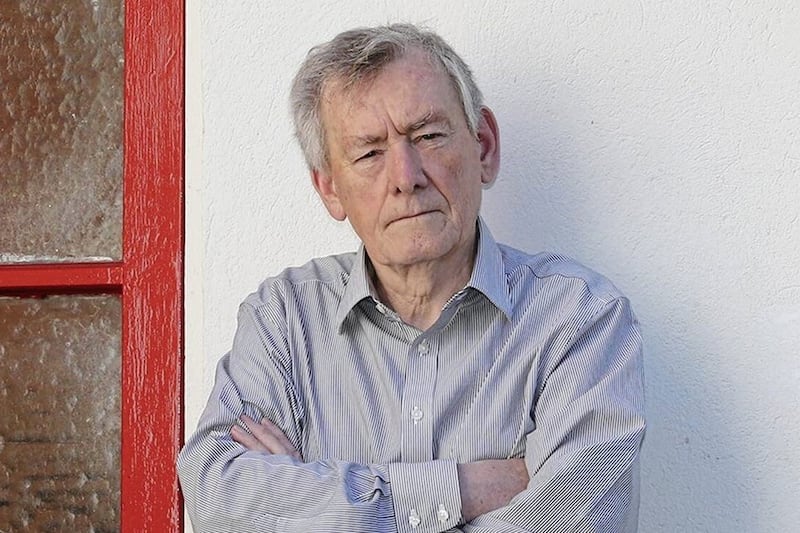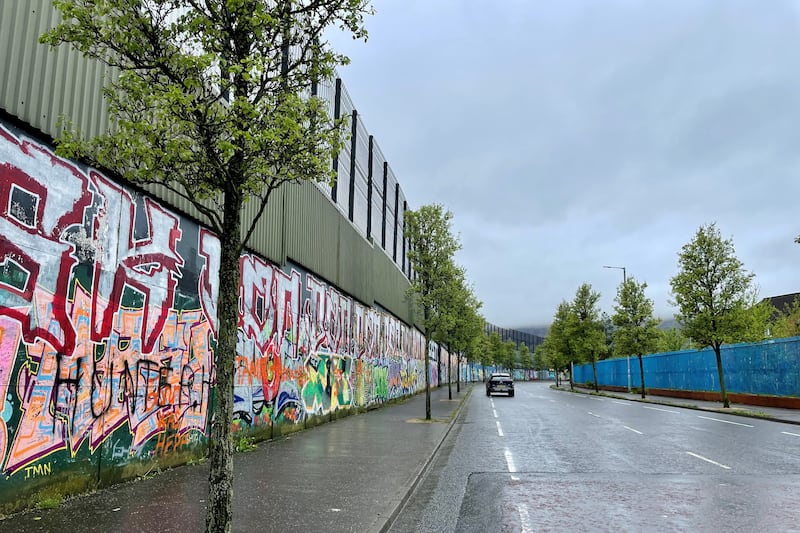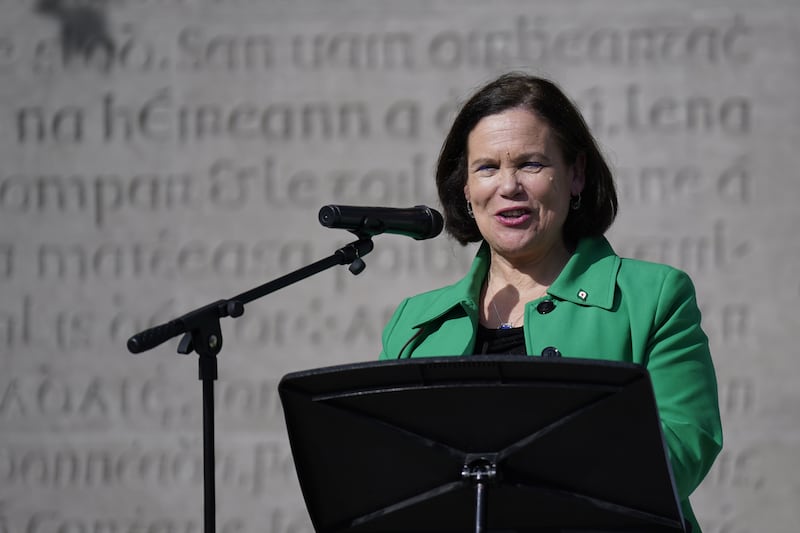Once Stormont's snap election was called, the row about the RHI scandal rapidly widened to incorporate a host of unresolved disputes between the DUP and Sinn Fein that follow more familiar orange and green lines. Here are some of the obstacles in the way of agreement.
Renewable Heat Incentive. While a public inquiry has been called into the financial debacle around Stormont's ill-fated green energy scheme - an initiative that landed the executive with an almost £500 million overspend bill - the issue is still causing political friction.
Sinn Fein has repeatedly insisted it will not re-enter a coalition with DUP leader Arlene Foster as first minister until her role in the RHI (she oversaw its inception when economy minister) is investigated. The DUP has branded the Sinn Fein stance as an "unacceptable precondition" and said if republicans want to veto its choice of first minister it would return serve, and block Sinn Fein's choice of deputy first minister.
Could a way out see both Mrs Foster and Sinn Fein's Stormont leader Michelle O'Neill both nominate party colleagues to fill the respective jobs for an interim period?
Irish language. Sinn Fein and the SDLP want legislation to enshrine protections for Irish speakers. The DUP claim new laws, which could potentially include the right for people to have court proceedings heard in Irish, are not only unnecessary but also hugely costly.
The issue has become a touchstone for a wider debate on respect for Irish and British cultures in post-conflict Northern Ireland. Sinn Fein accuses the DUP of treating the nationalist tradition with contempt - on the other hand, the main unionist party claims republicans have politicised language for their own ends.
With Mrs Foster insisting there would be no Irish Language Act under her watch, room for manoeuvre is limited. Legislation to protect both Irish and Ulster Scots traditions may offer one route to compromise.
Legacy. Given their different perspectives on the past, it is notable that quite a lot has already been agreed on how to deal with the toxic legacy of the Troubles.
The problem is while a raft of initiatives - including a new investigatory body, a truth recovery mechanism and an oral achieve - have been agreed, they are stuck in the starting blocks due to a small number of discreet impasses.
One of the main ones is the thorny issue of national security and republican fears the UK government would cite that as a reason to withhold documents to bereaved families.
Claims made by unionists and Tory backbenchers that recent prosecutions of former British soldiers is tantamount to a "witch-hunt" have further complicated the picture.
A suggested public consultation exercise on the proposed legacy mechanisms would not fully resolve the issues, but it could move it on enough to give space for an executive to be formed.
